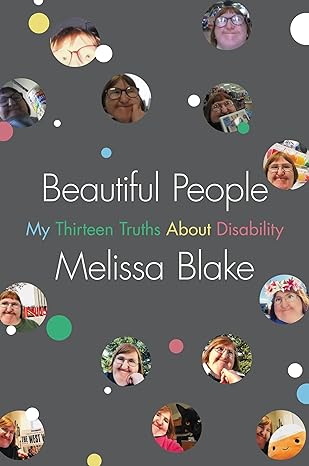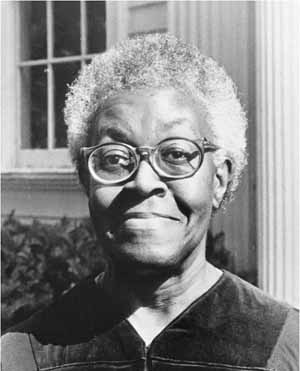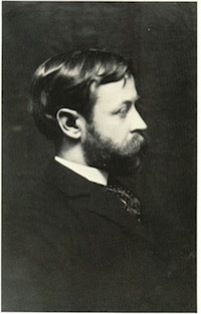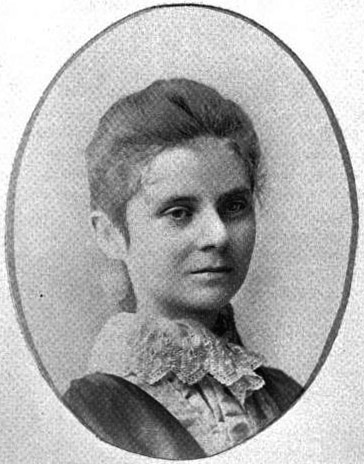
Melissa Blake
Born: 1981
Connection to Illinois: Blake lives in DeKalb. She is an alumnus of Northern Illinois University with a bachelor's degree in journalism. Biography: MELISSA BLAKE is an American writer, journalist, disability activist and high-profile social media influencer. She was born in 1981 with Freeman-Sheldon syndrome, a genetic bone and muscular disorder, and has had more than 26 surgeries, including surgeries on her knees, hands, hips and spine. She credits much of her independence to her parents, who taught her to use her voice and to advocate for herself. Growing up, writing was a way for Blake to express herself and explore the world beyond her disability. After graduating from Northern Illinois University with a journalism degree in 2005, she began a career as a freelance writer. She wrote a weekly newspaper column for nearly five years, covering everything from family and musings on life to pop culture. Her writing on disabilities, relationships and pop culture has appeared in the New York Times, the Washington Post, CNN Opinion, Health, Good Housekeeping, Glamour and Cosmopolitan, among others.
Awards:
WorldCat: http://www.worldcat.org/search?q=Melissa++Blake
Selected Titles
 |
Beautiful People: My Thirteen Truths About Disability ISBN: 0306830426 OCLC: 1389606363 Hachette Go 2024 Well-known disability activist and social media influencer Melissa Blake offers a frank, illuminating memoir and a call to action for disabled people and allies. In the summer of 2019, journalist Melissa Blake penned an op-ed for CNN Opinion. A conservative pundit caught wind of it, mentioning Blake’s work in a YouTube video. What happened next is equal parts a searing view into society, how we collectively view and treat disabled people, and the making of an advocate. After a troll said that Blake should be banned from posting pictures of herself, she took to Twitter and defiantly posted three smiling selfies, all taken during a lovely vacation in the Big Apple: I wanted desperately to clap back at these vile trolls in a way that would make a statement, not only about how our society views disabilities, but also about the toxicity of our strict and unrealistic beauty standards. Of course I knew that posting those selfies wasn't going to erase the nasty names I'd been called and, the chances were, they would never even see my tweet, but that didn't matter. I wasn't doing it for them; I was doing it for me and every single disabled person who has been bullied before, online and in real life. When people mock how I look, they're not just insulting me. They're insulting all disabled people. We're constantly told that we're repulsive and ugly and not good enough to be seen. This was me pushing back against that toxic, ableist narrative. For the first time, I felt like I was doing something empowering, taking back my power and changing the story. |




